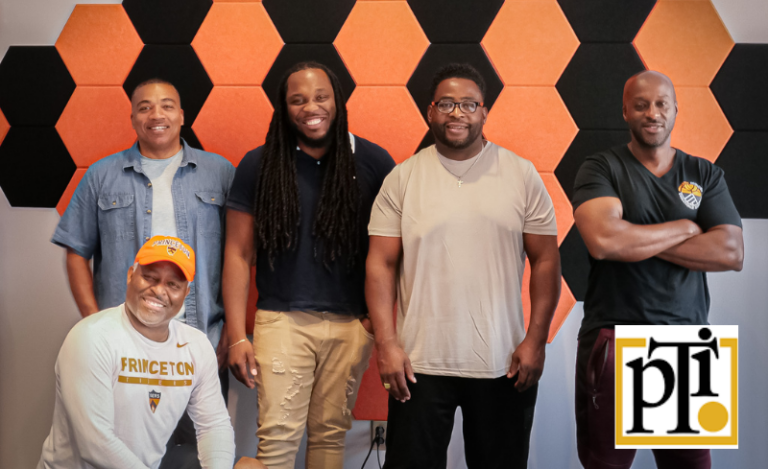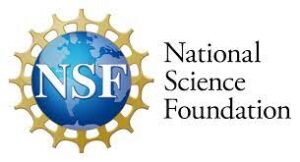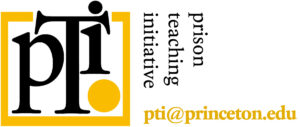The Impact of STEM Education in Partnership with Princeton’s PTI Program

Author: Ali Muslim, Princeton’s Prison Teaching Initiative
Author not pictured by request. Image is the author’s cohort, and special thanks for PTI for providing the image.
The Prison Teaching Initiative at Princeton University and the National Science Foundation have combined their efforts to provide nine-week REU (Research Experience for Undergraduates) STEM summer internship opportunities to justice-impacted students in undergrad programs. Ali Muslim participated in the REU internship in Computational Biology this past summer; his research focused on the compression of phononic crystals with holes in the shape of circles and squares of different sizes to be observed and explore the shape after compression. Prior to his REU experience, graduate Ali Muslim struggled with computer literacy skills and advised program leadership to be more considerate toward formerly incarcerated students by providing computer literacy classes for formerly incarcerated students transitioning back into society. The Prison Teaching Initiative took heed to Mr. Muslim’s suggestions and allied with partners to offer intro-level computer literacy modules, courses on Scientific Thought and Engineering, and Coding workshops. In the letter below, Mr. Muslim shares his experiences and speaks on the greatest benefits and his most significant takeaways from the program.
Ali Muslim’s internship experience:
I was fortunate to be able to be selected for the summer of 2023 REU Computation Biology internship. My nine-week stay on the campus of Princeton University was the opportunity of a lifetime. The experience I gained there has been truly enriching and left an indelible mark on my educational and professional journey.
I was given the chance to work alongside accomplished professionals in their academic fields while also meeting and interacting with the next generation of young, brilliant mindset. I was able to expand my knowledge and skill sets by learning skills I never knew, such as the ability to use Anaconda, Jupyter Notebook, and coding with Python.
The various workshops and seminars allowed for networking and the ability to accomplish the tasks of creating a PowerPoint presentation, poster presentation, and writing an oral report of the work you worked on for the past nine weeks.
The nine weeks were more than just working on your intern project. There were specific activities set aside to enjoy yourself and take your mind off your work while also being able to interact with other interns. You were able to interact with people from all over the world. I have met students from Africa, Canada, China, and many other states in America. I will strongly recommend to anyone who has the chance to apply for this internship to do so and, if given the opportunity to attend, to not pass it by.
I am confident that the skills and insight I have gained will serve as a strong foundation as I embark on my academic and professional journey. In closing, I would like to thank everyone who has been involved with the REU Computational Biology internship. This has been an incredible experience and I am truly grateful.
____
Please take 1 minute to fill out this survey about how this blog post may have influenced you or helped you learn new information. Your response will help STEM-OPS learn about our shared impact on messages about people impacted by incarceration and help us improve our approach to changing societal narratives.





